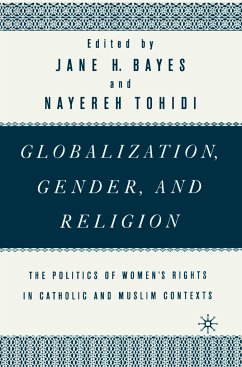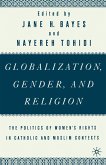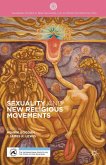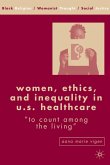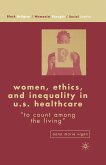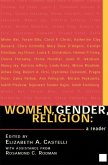In the early 1970s, accompanying the current wave of globalization, conservative nationalist religious movements began using religion to oppose non-democratic and often Western oriented regimes. Reasserting patriarchal gender relations presumably authorized by religion has been central to these movements. At the Fourth United Nations Congress on Women in Beijing in 1995, Muslim and Catholic delegations from diverse countries united to oppose provisions on sexuality, reproductive rights, women s health, and women s rights as human rights. Scholars from eight different Muslim and Catholic communities analyze the political strategies that women are employing in these contexts ranging from acceptance of traditional doctrines to various forms of resistance, religious reinterpretation, innovation, and political action toward change and equal rights.
Bitte wählen Sie Ihr Anliegen aus.
Rechnungen
Retourenschein anfordern
Bestellstatus
Storno

